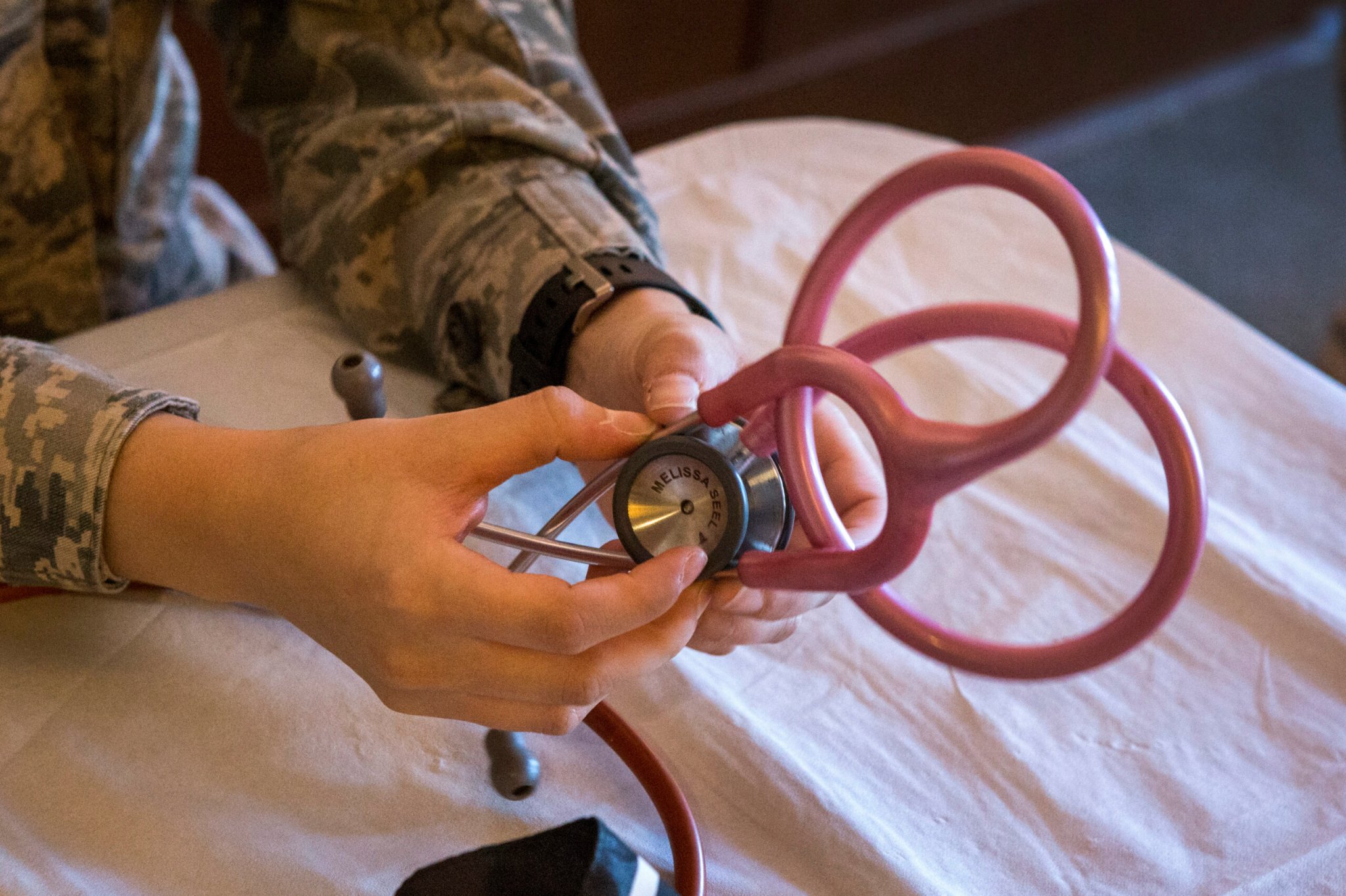

The Department of Veterans Affairs is expanding access to government healthcare for millions of veterans years earlier than expected, officials announced Monday.
Beginning March 5, former troops will be able to sign up for VA-sponsored healthcare without having to first apply for VA benefits. Eligibility will apply to veterans who served in the Vietnam War, the Gulf War, Iraq, Afghanistan, or any other combat zone after 9/11, as well as veterans who never deployed but were also exposed to toxins or hazards during service, the VA said in a press release.
“Veterans can qualify to enroll directly in VA care based on where they served, what activities they participated in here at home, income requirements or more. While this expansion of care does not expand access to all veterans, it is a massive expansion of VA care,” said VA Press Secretary Terrence Hayes.
The expansion means that certain individuals will qualify for VA health care up to 8 years earlier than called for by the PACT Act, Hayes said.
The PACT Act, signed into law in August 2022, officially established 23 health conditions that were linked to toxic substance exposure during military service, including several forms of cancer. Under the now-law, all Vietnam veterans are eligible for VA health care.
Subscribe to Task & Purpose today. Get the latest military news and culture in your inbox daily.
The VA has long forced vets to prove that a later-in-life illness was due to a specific toxic exposure they suffered while deployed, requiring vets to submit medical exams, tests, and expert opinions. Under the law, the VA now assumes that a vet’s claim for benefits is valid if they were present in a war zone where toxic chemicals were likely present – a reality of most U.S. bases during the Afghanistan and Iraq wars.
The expansion now includes veterans with active service assigned to a duty station in and the airspace above:
-On or after August 2, 1990, in Bahrain, Iraq, Kuwait, Oman, Qatar, Saudi Arabia, Somalia, or the United Arab Emirates.
-On or after September 11, 2001, in Afghanistan, Djibouti, Egypt, Jordan, Lebanon, Syria, Yemen, Uzbekistan.
Eligible veterans also include those who deployed in support of Operation Enduring Freedom, Operation Freedom’s Sentinel, Operation Iraqi Freedom, Operation New Dawn, Operation Inherent Resolve, or Resolute Support Mission.
“We can also care for veterans who never deployed but were exposed to toxins or hazards while training or on active duty here at home – by working with chemicals, pesticides, lead, asbestos, certain paints, nuclear weapons, x-rays, and more,” VA Under Secretary for Health Shereef Elnahal said in a release. “We want to bring all of these veterans to VA for the care they’ve earned and deserve.”
The expansion also applies to veterans who never deployed as part of a conflict but participated in a toxic exposure risk activity while serving or training on active duty, or inactive duty training. The toxic exposures include:
- air pollutants (burn pits, sand, dust, particulates, oil well fires, sulfur fires)
- chemicals (pesticides, herbicides, depleted uranium with embedded shrapnel, contaminated water)
- occupational hazards (asbestos, industrial solvents, lead, paints including chemical agent resistant coating, firefighting foams)
- radiation (nuclear weapons handling, maintenance and detonation, radioactive material, calibration and measurement sources, X-rays, radiation from military occupational exposure)
- warfare agents (nerve agents, chemical and biological weapons)
According to the veterans’ advocacy group, Iraq and Afghanistan Veterans of America, approximately 3.5 million veterans were exposed to burn pits and other airborne hazards. Before the legislation became law, the group said that the VA denied nearly 70% of burn pit related claims.
The VA will use service records and all available information to determine if former troops participated in toxic exposure risk activities as part of its nationwide campaign to enroll as many veterans as possible. Since the PACT Act became law, more than half a million veterans have enrolled in VA health care.
“Many Veterans believe they have to file a claim for disability compensation benefits – and get their claim approved – to get access to VA health care. But with this expansion and other authorities, that is not accurate,” Hayes said.
VA officials called the announcement a “critical step forward” because of the affordability of VA health care. Officials also pointed out that those enrolled in VA health care have better health outcomes than non-enrolled veterans and VA hospitals have “dramatically outperformed non-VA hospitals” in quality and patient satisfaction ratings.
All eligible Veterans can visit VA.gov/PACT or call 1-800-MYVA411 to learn more and apply for VA health care beginning March 5.
The latest on Task & Purpose
- The Air Force wants retirees to help fill gaps in the service
- Navy allows sailors to put hands in pockets as hell freezes over
- The Army’s next-gen combat helmet is now arriving with soldiers
- Navy now allows sailors to wear leggings under PT shorts
- Legendary Marine Scout Sniper Chuck Mawhinney dies at age 75
